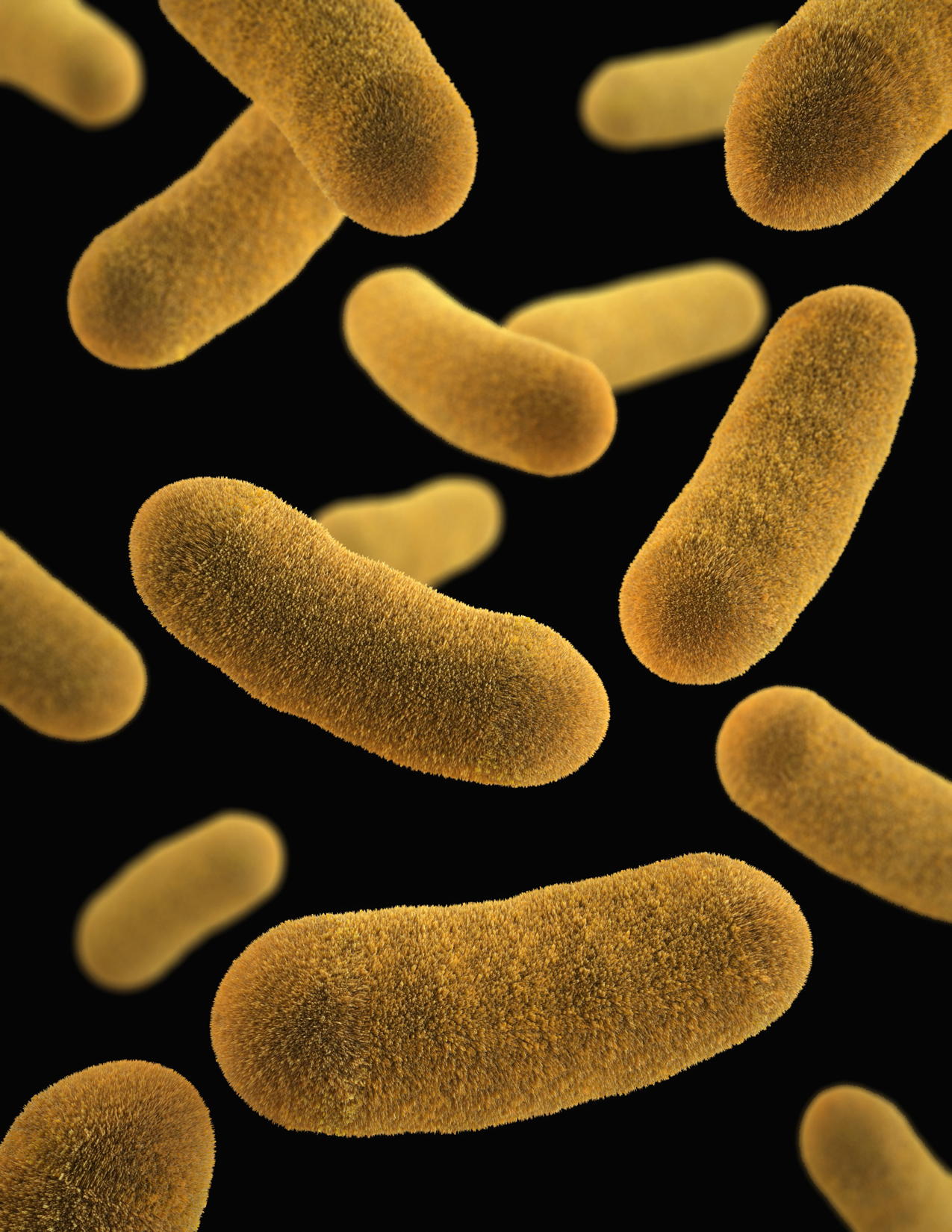How gene-edited microbiomes could improve our health
By Jessica Hamzelou,
MIT Technology Review
| 06. 30. 2023
Photo by CDC on Unsplash
Microbes have been on my mind this week. These tiny organisms are everywhere, and the ones that reside in our bodies appear to be incredibly important for our health.
Microbes are ancient—they were evolving on the planet for millions of years before humans came along. So it’s no surprise that they’ve developed intricate relationships with other living systems. They feed on chemicals in their environments to produce other chemicals—some of which are more beneficial to nearby organisms than others.
The question is: can we tweak the genomes of these microbes to control exactly which chemicals they break down or produce? Imagine the possibilities. What if we could get microbes to help us reduce pollution? What if we could create microbes that make medicines, or that churn out gut-friendly products in our intestines?
Modified microbes seem to help treat cancer in mice, and human trials are on the way, as I reported earlier this year. (For a more general update on gene editing, you can read about how the editing tool CRISPR is already changing people’s...
Related Articles
By Diaa Hadid and Shweta Desai, NPR | 01.29.2026
MUMBRA, India — The afternoon sun shines on the woman in a commuter-town café, highlighting her almond-shaped eyes and pale skin, a look often sought after by couples who need an egg to have a baby.
"I have good eggs,"...
By George Janes, BioNews | 01.12.2026
A heart attack patient has become the first person to be treated in a clinical trial of an experimental gene therapy, which aims to strengthen blood vessels after coronary bypass surgery.
Coronary artery bypass surgery is performed to treat...
By Staff, ScienceDaily | 01.05.2026
Scientists at UNSW Sydney have developed a new form of CRISPR technology that could make gene therapy safer while also resolving a decades-long debate about how genes are switched off. The research shows that small chemical markers attached to DNA
...
Following a long-standing CGS tradition, we present a selection of our favorite Biopolitical Times posts of the past year.
In 2025, we published up to four posts every month, written by 12 authors (staff, consultants and allies), some in collaboration and one simply credited to CGS.
These titles are presented in chronological order, except for three In Memoriam notices, which follow. Many more posts that are worth your time can be found in the archive. Scroll down and “VIEW...




